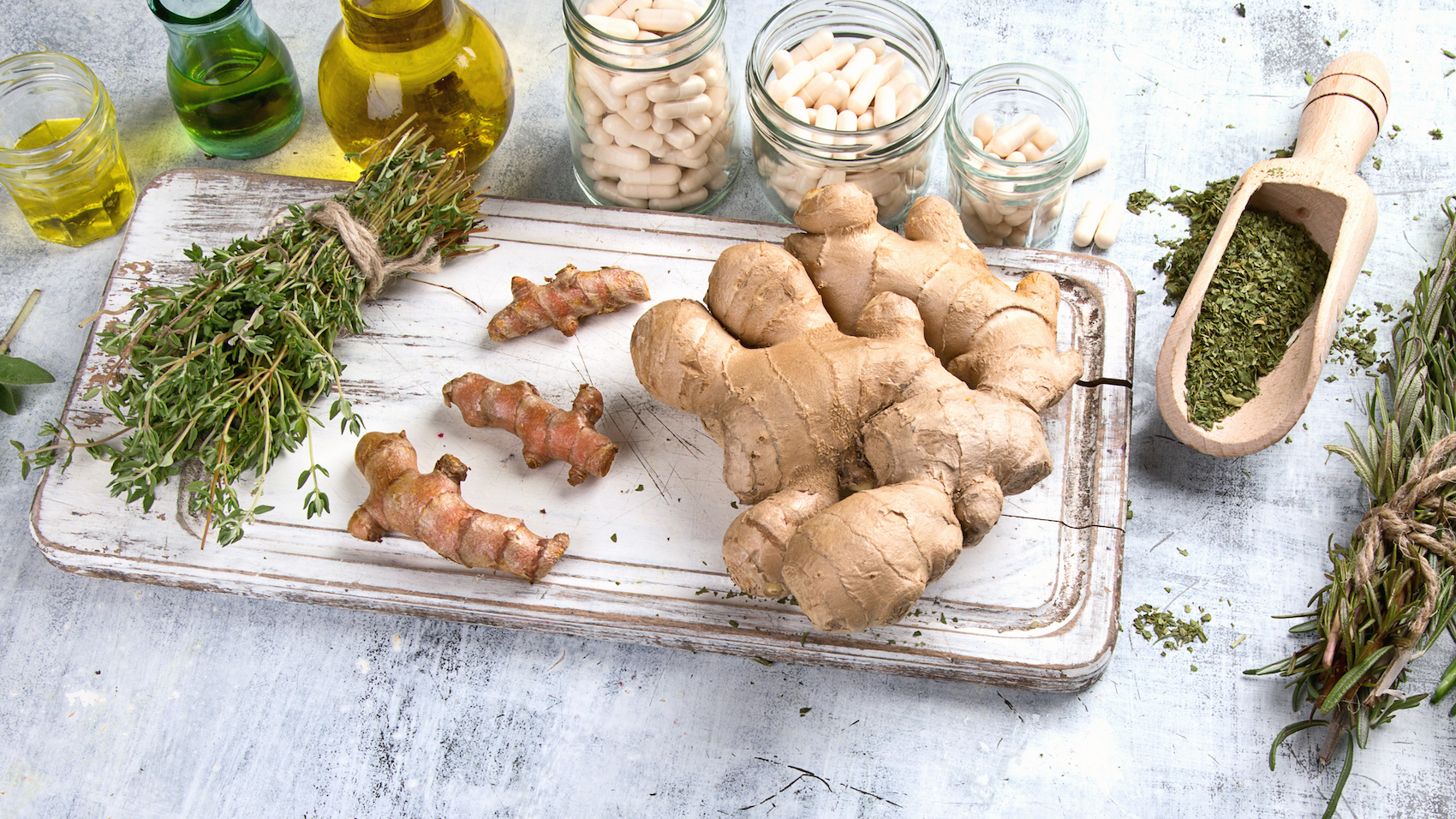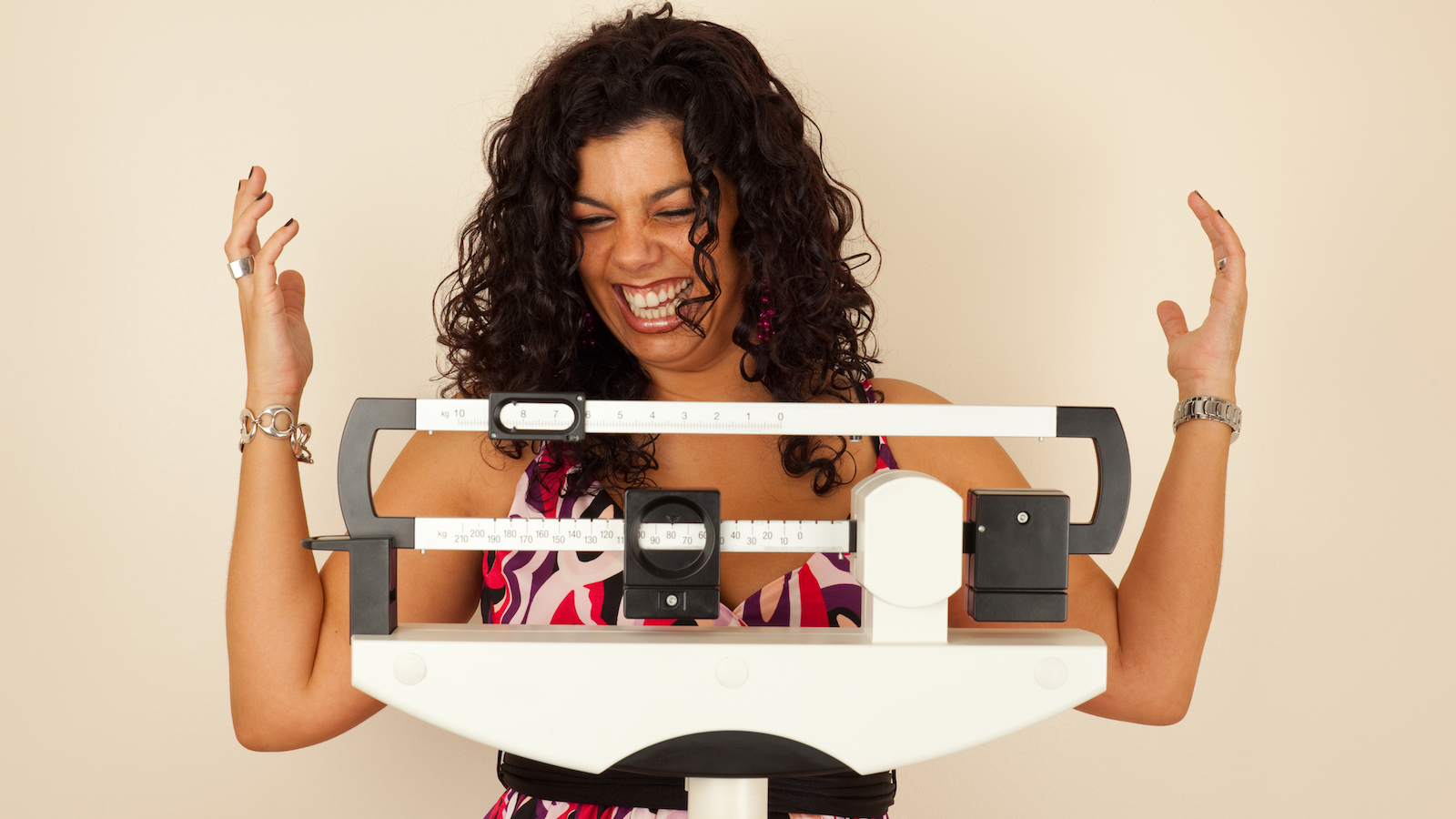Using Holistic Medicine For Sobriety

Holistic medicine is a whole-body approach that focuses on the mind, spirit, and body to improve wellness. The five areas are physical, emotional, social, spiritual, and intellectual. Holistic medicine can be used on a variety of cases, including helping people in their journey towards sobriety. Alcohol and drugs can impede lives and destroy the body over time. They are also a powerful depressant that affects the central nervous system. Withdrawals happen once someone has stopped drinking alcohol or stopped using drugs immediately after binging or excessive indulging over a long period of time. The body then tries to adjust without the alcohol in the system, and that’s when withdrawal occurs. Withdrawal can take a toll on the body, spiking cortisol levels and disorienting not only the body but also the mind.
Taking a holistic approach to sobriety could benefit someone who may be suffering in many ways. Studies have been abundant over the years that have had success with using holistic medicine as an aid to help people who suffer from alcohol addiction and achieve sobriety. Some of these practices include acupuncture, herbal medicine, Tai Chi, and yoga.
Herbal Medicine
There are many herbs that in Chinese herbal medicine that could reduce alcohol craving, absorption through the gut, lessen consumption as well as help with the symptoms of withdrawal. Some of the herbs used include Kudzu, salvia miltiorrhiza, and thunbergia laurifolia.
Studies have proven that Kudzu immensely reduces consumption for those that have a binging tendency. Salvia miltiorrhiza has capabilities that include reducing absorption of alcohol.
Thunbergia Laurifolia can protect from alcohol liver toxicity and is popular in Thailand. In addition, studies in the past have proved that the herb increases neuronal activity in the brain region, a similar activity that increases after cocaine administration.
Some other popular herbs helpful with withdrawal symptoms are:
- Milk thistle
- Cayenne pepper
- Kava kava
- Liqourice
- Dandelion
- Ginseng
Be sure to consult with a holistic practitioner before using any herbal medicine.
Acupuncture
Acupuncture is an alternative therapy for pain management and has been practiced in China since 2500 BC. It has become largely popular worldwide. Acupuncture promotes healing in targeted areas using sterilized needles.
The effect of acupuncture and addiction has been researched through clinical trials. A majority of the trials agree that this holistic therapy is an efficient treatment to help combat withdrawal and other symptoms those with addictions may face.
Dr. Wen of Honk Kong discovered that combining electrical stimulation at four body points and two ear points relieving withdrawal symptoms and helped prevent craving. It also was discovered that it increased patient participation.
When manipulating the meridian points, it can help reduce cortisol, decrease symptoms and cravings, and increase the chances of staying sober. It also increases energy and overall offers a higher quality of life.
Tai Chi
Tai Chi is a Chinese tradition that can significantly reduce stress and offer many other health benefits, especially if you’re working through addiction. It involves a series of exercises that keep your body constantly moving in a gentle and slow motion. Tai chi is almost a dance that offers martial art movements, as well. During this activity, you must focus on each movement while breathing deeply.
Tai Chi can help with addiction through the relief that occurs in reducing stress. Other benefits include enhancing the quality of sleep, enhancing the immune system, and increasing energy, which is essential when you’re going through sobriety.
Yoga & Meditation
Another holistic practice to help aid in addiction and sobriety is yoga and meditation. It is present in many substance abuse programs as a way to reduce stress and produce feel-good hormones significantly. In addition, yoga improves awareness and focus, which are all key concepts in getting sober.
Those who practice yoga show positive changes in gene expression that are linked to stress and immune function. People who practice at least twenty minutes a day for a prolonged amount of time benefited from it the most. Practicing yoga also helps improve sleeping patterns as it helps reduce cortisol levels.
Studies show that yoga reduces withdrawal symptoms, helps with cravings and helps prevent relapses.
On the other hand, meditation can help heal the connection within yourself and cut the cord that’s attached to your addiction. It can help keep you rooted in your sobriety path. Meditation teaches you how to breathe and to be with yourself and brings you to self-awareness. It’s the self-awareness that will lead you through sobriety.
Bottom Line
You’re not alone with the path to sobriety and holistic medicine can help you. Many people seek out holistic approaches to help aid in their withdrawals, healing, or even to help them remain sober. Yoga is a safe and significantly simple way to start decreasing stress levels while getting in touch with yourself through meditation. Always consult with a holistic practitioner first to help guide you on your healing journey.


Leave a Reply
You must be logged in to post a comment.